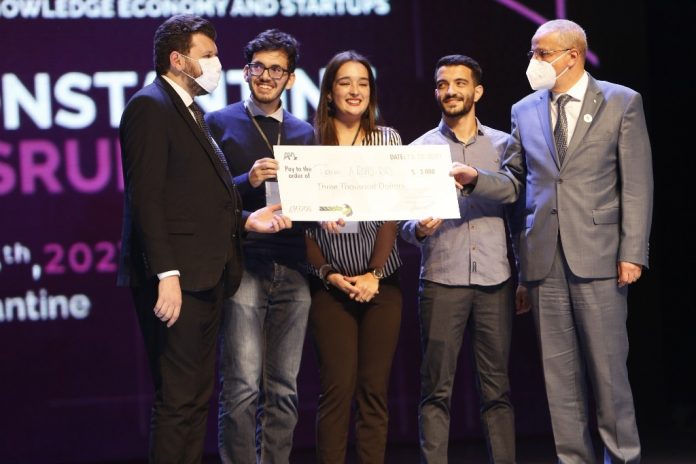
Artificial intelligence (AI) is making a global impact. The technology is being used by third-world countries to solve real-world problems and young entrepreneurs are making the most out of it. For instance, the Automated Road Defect Detection (ARDD) team from Algeria has developed technology that might solve Algeria and Africa’s road problems.
In an interview with USA Herald, Narimane Hennouni and her team have shared with us how AI can solve one of her country’s major problems. The young entrepreneur and her team were able to develop a device that relies on AI to detect road potholes and then saves the information for later use.
The technology was developed in a challenge called the “Algeria AI Challenge”. During the contest, 25 teams received developer kits that included a Jetson Nano by Nvidia among other developer materials. The ARDD team was able to leverage the technology and have made their prototype during the year.
“There was a challenge called ‘Algeria AI Challenge’ and we started brainstorming ideas. We noticed that Algerian roads are in a catastrophic situation with lots of cracks, etc… which causes lots of damages to vehicles, so we thought about using AI to solve that problem by collecting data about roads using image recognition.” Narimane told USA Herald.
The challenging part
Narimane and her team members faced several challenges along the road. First, Algeria is one of the 3rd world countries. Therefore, data in several industries isn’t available, and if it is, then it will be hard to reach by the public. With that, the ARDD team had to get on-site each time. Furthermore, the four-team members of the ARDD are university students at the Higher School for Computer Science. It wasn’t only time-consuming to concentrate on both the project and their studies, but the funding was from their own pockets.





